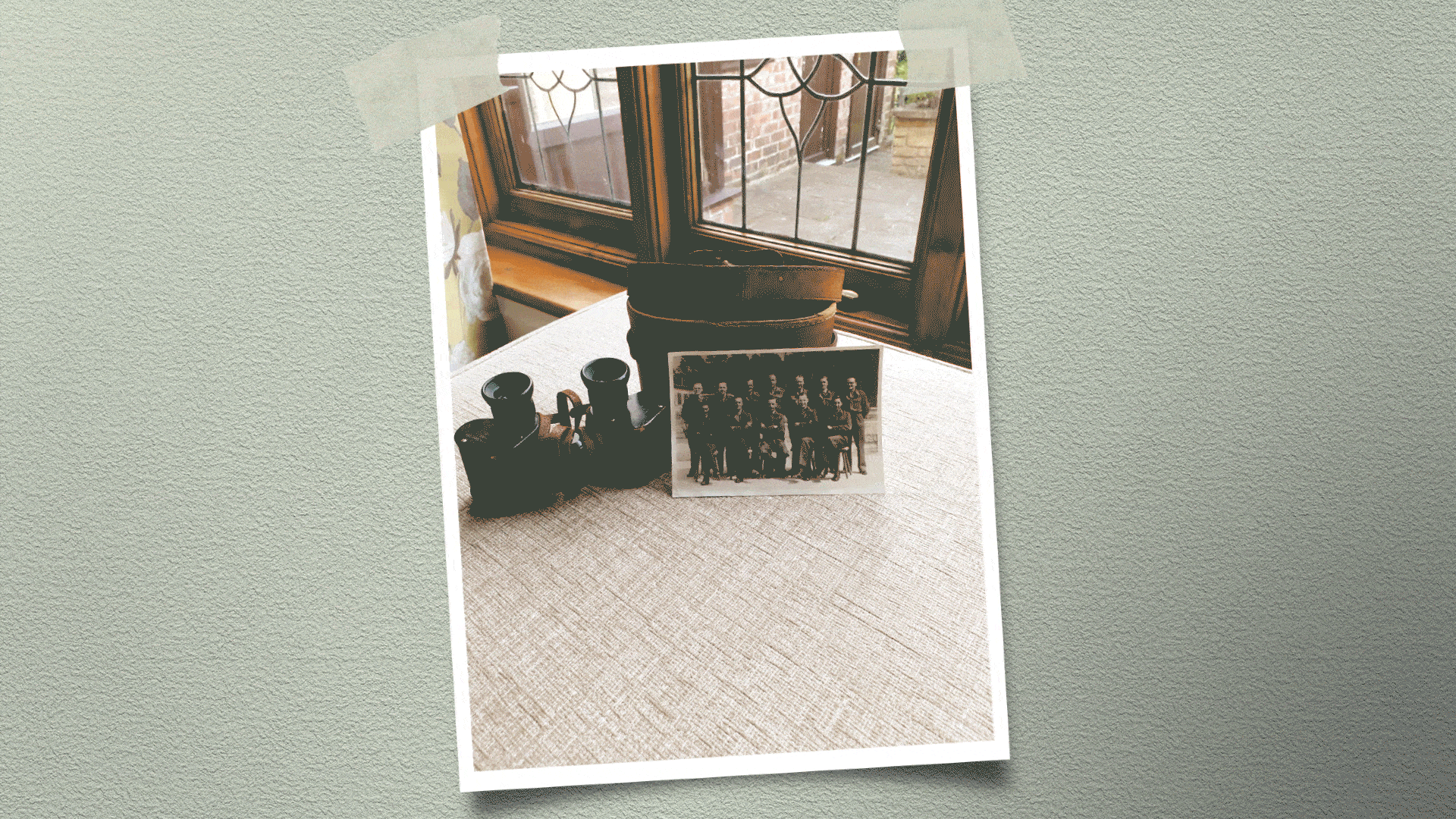

David Livingstone Charters (1901 – 1980)
“Chocolate should be eaten one piece at a time to make it last longer.” – David Livingstone Charters to his son while watching Everton play at Goodison Park
As a boy my father would take me to Bidston Hill near our home in Birkenhead on the Wirral. There amidst bramble and heather we would lay ambushes imagining the chiefs Crazy Horse, Pontiac, or Geronimo were by our sides. Later, he took me to the Welsh mountains where we spoke of crossing the Alps with Hannibal Barca and his elephants.
So many of my dreams as a boy have become happy memories in adulthood. But, always the ghost in my mind has been my grandfather; David Livingstone Charters. Named after the Scottish missionary, he was raised in Stirling and Glasgow in dire poverty. Obtaining a scholarship to study at Glasgow University he graduated and opened a medical practice on Conway Street, in Birkenhead. He had three daughters Mavis, Ruth and Eve before World War Two and my father, also David, after Germany surrendered.
So many of my dreams as a boy have become happy memories in adulthood. But, always the ghost in my mind has been my grandfather; David Livingstone Charters.
I never knew him but scattered about our house are his belongings. When walking I took his service binoculars with me straining to see far-off coasts. With careful manipulation trees miles away came into focus and sight almost melted into smell and touch as I thought of myself alone in the abandoned miner’s villages of North Wales.
Old photographs are like that. They too can be edited, preserved, and framed so eyes long laid to rest in the ground stare out at you from above the fireplace. Yet, the smile is perpetual, the frown unyielding, and there is no softness in the face as you trace your finger over the surface.

The binoculars belonging to David Charters, now cherished in the possession of David [Cameron] Charters III
In the 1930s he joined the Territorial Army sensing war was imminent. Seeing action in Greece as a doctor, he was captured in April 1941 by Germans reinforcing the Italians and held in a prisoner camp until 1945.
Known as ‘The Poor Man’s Doctor’ he was permitted to cross the picket line freely to treat the sick. As a young boy this was very romantic to me.
His wife, Margaret was initially told he was ‘missing presumed dead’ until a letter from the British Red Cross got through to her announcing he was being held at Stalag IXA Kloster Haina. There, he treated pilots with injuries to their eyes and went to perform surgery for burns. Such was his commitment to his patients he refused to leave the camp when offered his freedom in part of a prisoner exchange. Heralded at the time as a courageous act, publicly praised by my grandmother, I learnt privately it left her dismayed and feeling he had abandoned her and their three daughters.
After the war he came home and, ever loathed to conform with bureaucrats, he refused to attend Buckingham Palace to collect his MBE in recognition of his services. It was posted to him in Birkenhead. He continued to work until 1965 when he retired.

Mr Charters (centre front) served as an army doctor in Greece during the Second World War
Rarely spoken about by my father I learnt of him in pieces. No one questioned his valour, and accounts of his actions during the war were flattering. Yet I sensed as a father himself he was a cold, remote man, who had little time for childhood fancies. After all, he was studious in backstreets, and when he attended university, it was not as it is now with people from every background present, he simply would not have fitted in.
He would watch a bricklayer construct a wall for hours, or a gardener lay a flowerbed. This dedication to craft made him noble and earnt him the respect of his comrades. Some even, as I have read, ‘loved’ him for his professional ability. He was a man of so many good qualities, eminent in his field, and praised by contemporaries, yet he lurks in the family’s past like a shadow.
Prolonged isolation naturally leads to reflection and all the awkwardness of being unable to shake off your failings. Perhaps, that is why my grandfather is rarely spoken of? Too great were his virtues to mention his faults. It is difficult to criticise a man who sacrificed everything.




